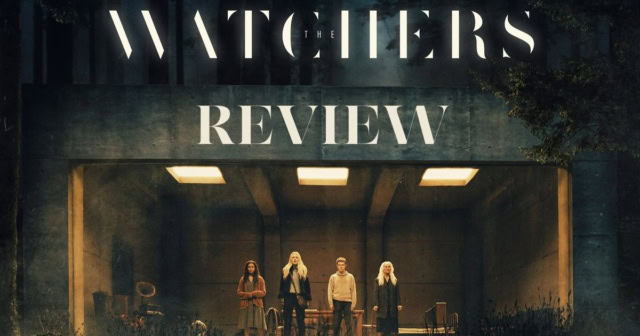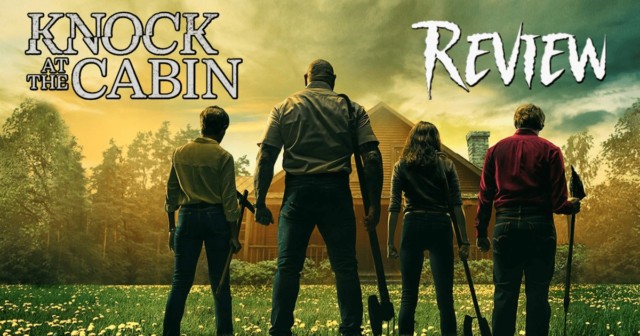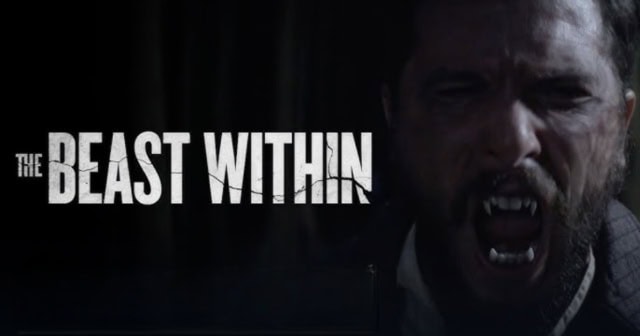‘Trap’ Movie Is M. Night Shyamalan at His Most Personal and Cynical
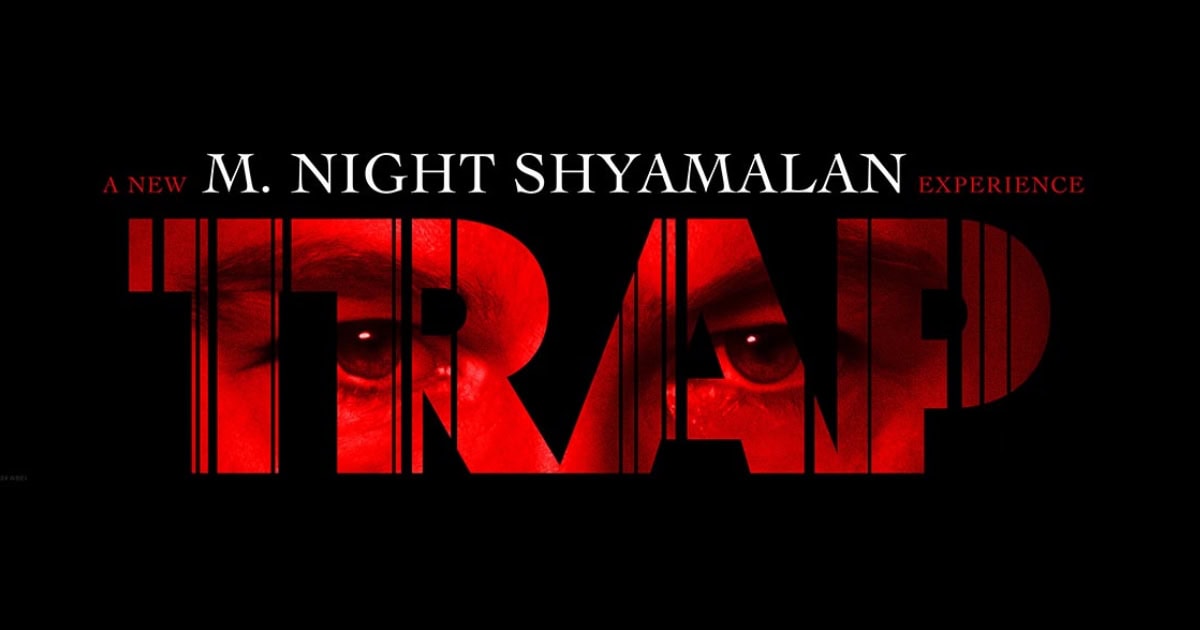
It’s incredible how much my opinion of M. Night Shyamalan shifted almost overnight after sitting in front of his 2019 masterpiece, Glass. Before, I thought the same thing as everyone else: great first few movies, but his current output has been lacking. I’m not ready to say that The Last Airbender and After Earth are masterpieces, far from it. However, something clicked with my first viewing of Glass, which made me reappraise Shyamalan’s filmography as one driven primarily by visual/thematic storytelling rather than plot and dialogues. How Shyamalan and cinematographer Mike Gioulakis blocked the camera to represent the constraints its protagonists were living day-to-day crawled under my skin so much that I became deeply moved by the film’s tragic ending. It felt like a total epiphany, making me realize that I was looking at M. Night Shyamalan‘s films incorrectly.
He’s also been far critical of himself since self-financing his projects, after almost being sent to director’s jail with After Earth. We’re no longer in the self-referential “cookbook that will change the world” cameo but in a completely different aesthetic and reflexive phase than the filmmaker was just ten years ago. With his latest movie, Trap, Shyamalan is at his most self-deprecating and cynical, mocking the career choices that led him astray from his family while also reflecting upon the moments he missed with his children, making up for lost time by integrating his daughter, Saleka, fully into the creative process.
[Warning: mild spoilers for Trap below!]
Sure, the movie centers on Cooper (Josh Hartnett), a serial killer who attends a Lady Raven (Saleka Shyamalan) concert with his daughter, Riley (Ariel Donoghue). Unbeknownst to him, the FBI has learned that he will be in attendance and has set up a trap to catch him. Most of the movie is treated in the classic cat-and-mouse fashion, where Cooper is in complete control of the situation and is one step ahead of the FBI’s operation, led by Dr. Josephine Grant (Hayley Mills). But something begins to click as Lady Raven discusses her father, who abandoned her when she was very young, which led her to fend for herself.
M. Shyamalan criticizes himself in Trap
And who gives full backstage access to his daughter? Shyamalan himself, who appears in a meta-textual cameo as “her uncle, her mother’s brother.” (as if we didn’t know what uncle meant). That’s when it dawned on me that Trap isn’t about the cat-and-mouse game between Cooper and the FBI but about something so much more important and personal for Shyamalan. He slowly lets it out in the open that his choice of movie making over family took a great toll on his life, and he’s now being involved as much as possible in their children’s career choices, whether producing her daughter Ishana‘s directorial debut, The Watchers, or giving Saleka a star-making role as Lady Raven (while also letting her construct an entire album for the movie).
The Watchers is Conventional, but Ishana Shyamalan Shows Promise
I’ve never seen a director who openly criticizes himself, out in the open, like this, especially when he writes himself into the movie as the bridge between the psycho and the singer. There’s a fantastic text here that cracks open the film’s thesis in more ways than one, and we finally get to see Shyamalan at his most personal, with absolutely nothing to lose anymore. He’s already made two of the worst films of all time. His reputation was in the gutter by the time After Earth came out. He had to mortgage his house to finance The Visit, which could’ve killed his career for good had the reviews been as bad as his last three movies were.
But it didn’t. The Visit was a massive success for the filmmaker, and he’s now reflecting upon the choices that could’ve ultimately cost him his career and life in such a visceral way that it’s impossible to ignore the deep subtext he hides beneath Hartnett‘s Cooper, the father who constantly leaves his daughter (and, we eventually learn, family) behind, living a double-life through the façades he creates as the dad and the killer. I couldn’t help but see a bit of Shyamalan inside Cooper, always leaving Riley on her own, coming back, and “missing everything” about the Lady Raven concert. “Missing everything” may be why M. Night Shyamalan is constantly with his children now and making them involved in his movies, not as nepotism-driven favors, but by showcasing their talent in his motion pictures.
We already knew that Saleka was a force to be reckoned with after Old’s end credits song. She’s not only a versatile singer who can treat multiple genres with gusto, but a terrific actor who embodies perfectly the superstar façade she puts on in front of everyone. Of course, any M. Night Shyamalan film is best gone with knowing as little as possible, and in regard to Lady Raven’s arc, it takes a particularly effective turn that I could never see end the way it did. Saleka not only has a bright future as a singer/songwriter (she released her first album, Seance, last year), but as an actor with a terrific sense of comedic timing at sections where the movie is at its most nail-biting.
Trap is M. Night Shyamalan’s funniest film
Because Trap is actually really funny. Not only is Josh Hartnett having the time of his life playing a manic serial killer who wants to show he’s in complete control but is actually losing his mind, his line delivery showcases a different tonality and rhythm than we’re used to with the actor. The stilted, unnatural dialogues Shyamalan is mostly known for pass through like butter through Hartnett’s delivery, which always teeters the line between absolute psychopaths and sympathetic gentlemen. But even when he’s being friendly and somewhat sincere towards employees or other concertgoers, a part of him always believes his façade may slip. Seeing him operate through that fine tightrope results in some of the funniest and hardest laughs one may have in a cinema all year.
This sense of comedic timing is primarily driven by Shyamalan‘s and cinematographer Sayombhu Mukdeeprom‘s visual language. This is created in tandem with Hartnett‘s deeply expressive lead performance as Cooper. The blocking of Cooper’s closed-up face as he realizes he’s in deep trouble exacerbates the surreal feel one may have in watching the killer adopt multiple faces in front of everyone else. What’s particularly interesting about Shyamalan‘s visual language here is how it informs us about everything going on in the film. Mukdeeprom has already proven himself as one of the best cinematographers in the business through his collaborations with Apichatpong Weerasethakul in Uncle Boonmee Who Can Recall His Past Lives and Memoria and even through his work with Luca Guadagnino in Suspiria and Challengers.
Through Shyamalan’s deft and precise eye, his frames feel more powerful than ever before. Each pan, dolly, tilt, dissolve, and even split-diopter feels like a true shock to the system. The camera only moves when it should, and the frame should reveal itself only when the tension has exacerbated so much that it needs the cathartic release.
I’ve never felt so locked in by the film’s riveting style that the dialogue seems completely fruitless. Who cares if M. Night Shyamalan specifies that an uncle is a parent’s sibling or a stilted exposition that feels otherworldly when the images in front of us are so shocking? This is all done without showing an ounce of violence (the most tension-filled scene occurs within the confines of a bathroom, with only the strong door knock acting as the violent force). Rather, what boils down inside Cooper’s psyche is the film’s most violent act that only Mukdeeprom‘s camera can reveal in such a cathartic, direct way.
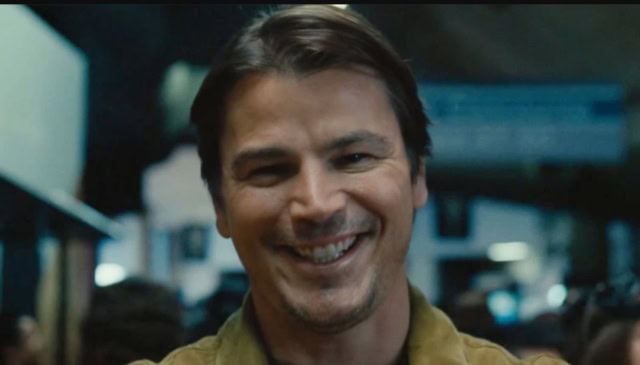
Final thoughts on M. Night Shymalan’s Trap
And then we go back to the subtext because none of it is hidden from our view. Shyamalan and Mukdeeprom‘s style is always in our faces, and they almost beg us to sit down, witness, and be confronted by the filmmaker opening himself up like this. You have no choice but to read between the lines because we’re always smack bang in the middle of the protagonists’ perspective.
With Trap, Shyamalan tells us that his passion for filmmaking is so powerful that he had to ultimately make personal sacrifices to grow and evolve within the studio system. But as he’s aging and realizing the time he lost being away from his children, he desperately wants it back. Nothing is more moving than seeing a filmmaker open up like this, admit his wrongdoings, and involve his children as much as possible in his filmmaking operation.
Shyamalan should never apologize for having made The Happening, The Last Airbender, and After Earth. Without it, we wouldn’t have gotten Trap or the filmmaker he’s become, one who reflects upon his craft and his place in the world as a visionary artist. He constantly finds new ways to make a simple gesture as blocking the most exciting artistic choice in all cinema.
He guides the viewer with the frames he crafts within the boxed-in confines of a concert stadium or, in this more precise case, a killer’s mind who has to grapple with his tormented psyche. There’s nothing more electrifying than M. Night Shyamalan‘s Trap playing in cinemas right now, a movie that’s far more personal than meets the eye, and one that begs your full attention as the best film Alfred Hitchcock never made.
M. Night Shyamalan’s Trap is now playing in theaters. What did you think of the film? Let us know on social media @mycosmiccircus!
Review: M. Night Shyamalan Disturbs With Knock at the Cabin
Fantasia Fest 2024 Review: The Beast Within, A Gothic Tale of Childhood Trauma

